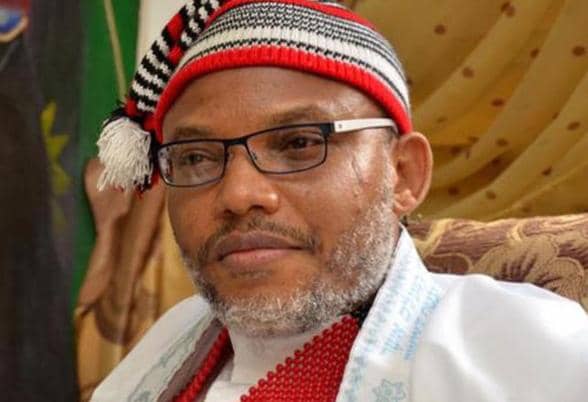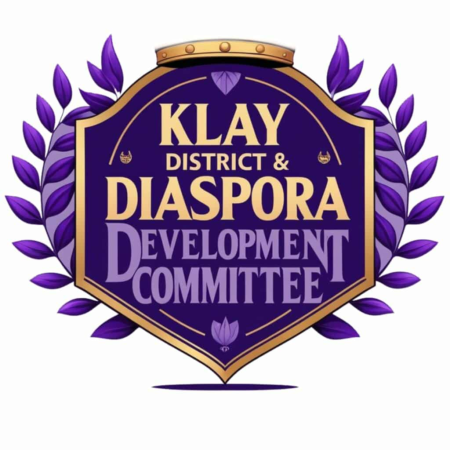The ongoing trial of Nnamdi Kanu, the leader of the proscribed Indigenous People of Biafra (IPOB), has reached a critical juncture with the Federal Government vehemently insisting on the validity of the terrorism charges leveled against him. The prosecution, represented by Adegboyega Awomolo (SAN), countered Kanu’s “no-case” submission, arguing that sufficient evidence has been presented to compel Kanu to mount a defense. The heart of the prosecution’s case revolves around Kanu’s alleged broadcasts on Radio Biafra, where he purportedly called for the disintegration of Nigeria and the establishment of a Biafran Republic. These pronouncements, according to the prosecution, instilled widespread fear and constituted a direct threat to national security, going beyond mere rhetoric and inciting violence.
Central to the prosecution’s arguments is the claim that Kanu’s broadcasts incited violence against law enforcement officials and their families, resulting in the deaths of over 170 security personnel. They highlight Kanu’s open identification as the leader of the proscribed IPOB and his purported declaration that the “world would come to a standstill.” The prosecution contends that Kanu’s public pronouncements, coupled with the subsequent violence, demonstrate a clear link between his words and the ensuing unrest. They maintain that Kanu’s intentions were not simply to advocate for self-defense but to actively incite violence and destabilize the nation, warranting the terrorism charges brought against him.
Kanu’s defense team, led by Chief Kanu Agabi (SAN), challenged the prosecution’s narrative, arguing that the government failed to establish a prima facie case. They assert that throughout the trial, no witness testified to being personally incited to violence by Kanu’s broadcasts. Further, the defense pointed out that the Department of State Services (DSS) witnesses primarily focused on obtaining statements from Kanu, with no substantial investigation conducted into the alleged incitement or the resulting violence. The defense also raised concerns about the repeated amendments to the charges against Kanu, suggesting a lack of clarity and consistency in the prosecution’s case.
Agabi argued that Kanu’s call for people to defend themselves was not an incitement to violence but a legitimate exercise of the right to self-preservation, a right echoed by other prominent figures. The defense characterized Kanu’s pronouncements about “bringing the world down” as mere hyperbole, not a credible threat. They emphasized the absence of direct evidence linking Kanu’s words to specific acts of violence. Moreover, the defense criticized Kanu’s prolonged solitary confinement, arguing that it violated international legal standards.
The contrasting arguments presented by the prosecution and the defense highlight the complex legal and political dimensions of the case. The prosecution emphasizes the potential for Kanu’s pronouncements to incite violence and undermine national security, while the defense maintains that Kanu’s words were within the bounds of protected speech and that the prosecution failed to establish a direct causal link between those words and any acts of violence. The judge’s decision on the “no-case” submission will hinge on whether the prosecution has presented sufficient evidence to demonstrate a prima facie case against Kanu.
The upcoming ruling by Justice Omotosho carries significant weight. If the judge accepts the “no-case” submission, the charges against Kanu will be dismissed, marking a significant victory for the defense and potentially sparking further debate about freedom of speech and the limits of political activism. Conversely, if the judge rejects the submission, Kanu will be required to present his defense, prolonging the trial and setting the stage for a more extensive examination of the evidence and arguments presented by both sides. The ruling will have far-reaching implications, impacting not only Kanu’s fate but also the broader conversation surrounding freedom of expression, political activism, and the government’s approach to handling separatist movements in Nigeria.














